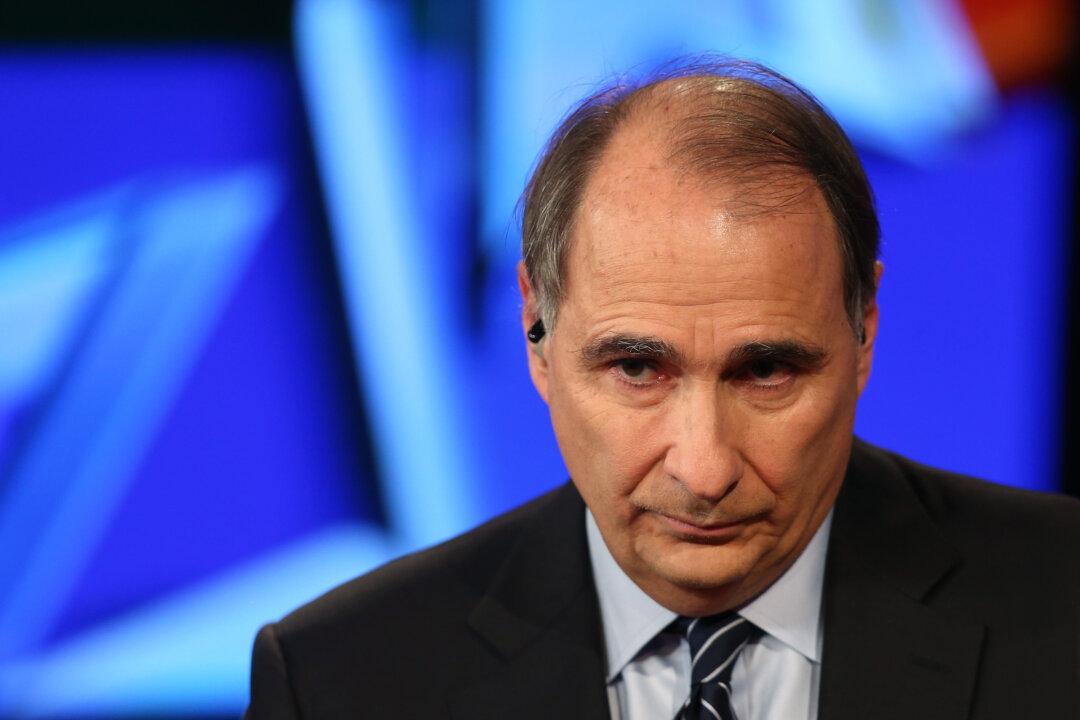Commentary
Already and after the briefest of resistance, the Democrats are abandoning the trenches of their latest line of defense and fleeing to the rear.

Already and after the briefest of resistance, the Democrats are abandoning the trenches of their latest line of defense and fleeing to the rear.